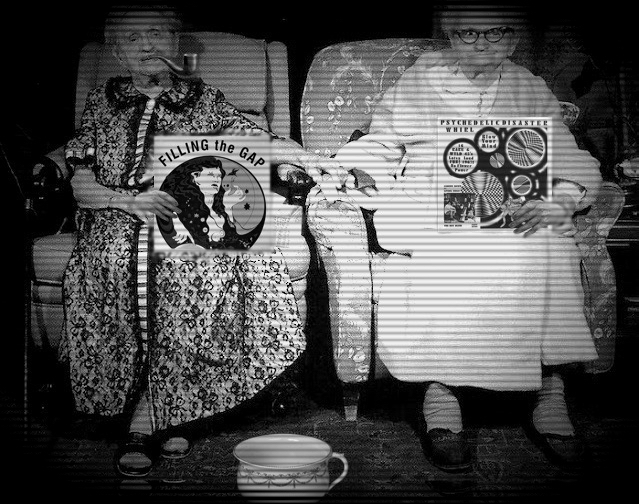
Kreemé [18 my ass - Ed.] curates th' IoF© Library O' Books™ yestiddy
I've usually found [expostulates Steve Shark - Ed.] books about rock music rather disappointing. Far too often they're just hack job crap with recycled material and interviews, although there are some notable exceptions. Johnny Rogan's tomes on the Byrds and Sid Smith's equally mammoth volume about King Crimson, for example, are excellent.
So, here's three autobiographies for your asses - with woids - and some of them woids is long. However, there is an album to accompany each book and a pitcher to colour in - wax crayons not included. Whaddya think this is? Frickin' Pizza Hut??? Pineapple on a pizza??? Are you fuckin' insane??? [I for one enjoy pineapple on pizza. Its tart stringency adds a delicious counterpoint to the alkaline top-notes of the cheese. Tomato is a fruit, and nobody gets all anti-vax about that - Ed.]
Johnny Marr - Set the Boy Free
As much about ex-Smith Marr as a guitarist as his broader musical career, this is a long (almost 500 pages) and dense book. However, it's written in a relaxed and easy manner, even when dealing with serious subjects. He doesn't seem to hold any particular grudge against Morrisey and acknowledges the unique and fertile professional relationship they once had. It's one of the few books of this genre that gets to grips with what having a creative urge is really like, as Marr moves from one new venture to another. Throughout he comes across as a very grounded guy, which was probably his salvation during his descent into the R'n'R rabbit warren.
Steve Jones - Lonely Boy
I really wasn't expecting to like this, as it's ghostwritten. However, Jones is dyslexic and the general tone of the writing seems to mirror what I've seen of him in various videos and interviews. I'm inclined to think that ghostwriter Ben Thompson did a good job in this case. Sexually abused by his stepfather at a young age, and a right nasty little bastard when he was young, the book sees him rise above all that - including a disastrous heroin habit. He's emerged to become what seems a nice guy - a proper geezer - whose personal mantra is to always try and do the right thing. I was surprised by how much I enjoyed the book and how uplifted I felt by how positive Jones sounds today. It's also very, very funny in places.
Ian Hunter - Diary of a Rock 'N' Roll Star
Not strictly speaking an autobiography, this chronicles Hunter's 1972 US tour with Mott the Hoople. Nothing of much import happens, as the band travels from one gig to another. It's Hunter's self-deprecating descriptions of worrying about weight gain...disputes over lighting with a band on the same bill...haggling with a motel manager over getting his wife into his room to save money which are the strengths of this book. Sure, such things are pedestrian, but Hunter's charm and determination when dealing with them really shine through. Possibly my favourite book about rock music.
As for the music...there's Johnny Marr's latest album, Steve Jones' first release under his own name, and Ian Hunter (with the late, great Mick Ronson) with a live double.
To get the link for this cornucopia of words and music, just answer this simple but very broad question - what's your favourite book about music?

.gif)




























